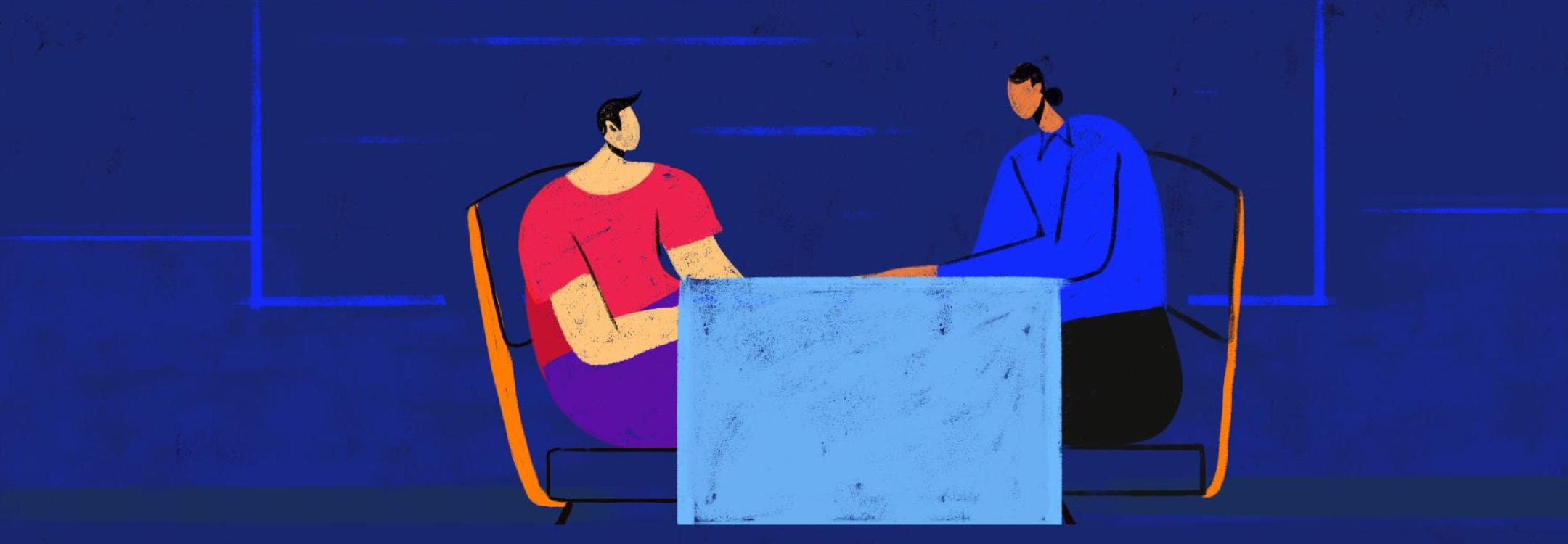
Torture and ill-treatment occur particularly frequently in the context of questioning by law enforcement, intelligence, police and military personnel in order to obtain confessions, control detainees or, in the case of the mandate I hold, to counter terrorism. It can also be justified and enabled by the discourse and rhetoric of countering terrorism.
It is particularly important to note that the so-called global ‘war on terror’ which followed the attacks of 9/11 illustrated and enabled an extraordinary rise in the use of such techniques and their legal justification by multiple governments, including legal democracies. In this context what we saw was, in the performance of their duties, law enforcement, intelligence officials, military personnel, and others engaged in acts that clearly violated international law.
Special procedure mandate holders, including my own, have consistently argued that these actors are obliged to respect and promote human rights and the inherent dignity of each person, in all of their acts of questioning persons, whether suspects, witnesses or victims. It is very clear that the prohibition of torture and inhuman treatment under international law is both a treaty requirement and a customary requirement for States. However, this prohibition must be accompanied by legal and procedural safeguards to ensure that the prohibition operates effectively in practice.
What we have seen over two decades is that torture and ill-treatment, when they are systematised, routinised and legitimised, compromise not just the rights of individuals and their families and communities, but also fundamentally weaken the rule of law across the globe. My mandate has been committed to the principle that counter-terrorism laws must comply with international law and with the principles of rule of law, procedural safeguards and due process. It is only in the implementation of those procedural safeguards that we see the effective realisation of these prohibitions for individuals.
My mandate is frequently contacted by individuals who have had these fundamental rights and principles attacked or disregarded and have experienced torture and ill treatment directly. Most of those individuals experienced these harms under the guise of or justified by, the rhetoric of fighting terrorism. One of the things that my mandate has also consistently expressed profound concern about is the practice of holding terrorism suspects in solitary confinement or other forms of isolation. The justification is to ‘break their resistance’ to questioning – but again, what we've seen is practices of States that are incompatible with international law and with procedural obligations to protect individuals.
We've also seen over the past two decades the passage of legislation, particularly counter-terrorism legislation, that provides for long arbitrary detention periods, along with reduced safeguards for persons who are suspected or charged of these offences, and even for persons who are witnesses or victims of terrorism.
The Méndez Principles provide a set of steps that, if implemented, can ensure the rights of individuals under investigation or in detention. The Principles ensure that individuals do not suffer the double harm of being potential victims themselves, and then being re-victimised by virtue of torture and ill-treatment by agents of the State. The Méndez Principles offer a human rights-compliant approach to investigation and the mandate I hold agrees that States must absolutely promote effective, ethical and non-coercive interviewing, focusing on the presumption of innocence and the pursuit of truth in investigations of serious crimes, including terrorism.
My mandate has been particularly concerned about the use of so-called ‘battlefield evidence’ by States. We see the mainstreaming of this terminology through Security Council resolutions, global counter-terrorism strategies and in the language and practices of States. My mandate is deeply concerned that battlefield evidence can act as a cover for the inclusion or insertion of evidence educed by torture or other illegal methods into trial processes. I am particularly pleased that the Méndez Principles apply extraterritorially and during armed conflict, because this is absolutely vital to ensure that human rights protection remains front and centre when States make arguments around the applicability of counter-terrorism regulations, often in contradiction to their international law obligation.
I also urge States to recognise, in particular, the vulnerability of those who are under investigation, whether as perpetrators, victims or as witnesses. Again, one of the strengths of the Méndez Principles is the recognition it gives to persons in situations of vulnerability.
In my role as Special Rapporteur, I urge and recommend that States endorse and implement the Méndez Principles. To do so has two significant benefits for States. We have to understand, and I think many States do, that coercive techniques of investigation not only violate an individual's rights and freedoms, but they are often wholly ineffective and do not produce the kinds of results that ensure effective accountability and transparency for serious crimes.
As the Méndez Principles urge, by moving away from accusatory, manipulative and confession-driven techniques to investigative techniques that are based on interview models that are both scientific and progressive, States will not only be the standard bearers for the enforcement of human rights, in compliance with their international law obligations, but they will also engage in effective practices that address directly the needs for the safety and security of their populations as a whole.
Fionnuala Ní Aoláin is the UN Special Rapporteur on the promotion and protection of human rights and fundamental freedoms while countering terrorism